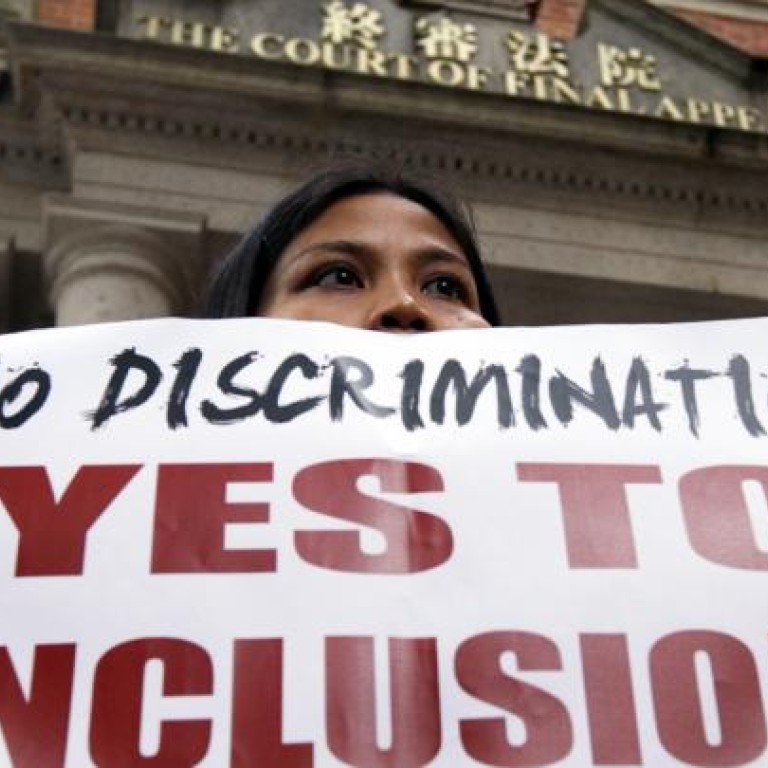
Beijing not interfering if Hong Kong asks for Basic Law interpretation
Frank Ching says the NPC Standing Committee cannot be accused of interference if Hong Kong asks for an interpretation of the law
To many people, an interpretation of the Basic Law by the National People's Congress Standing Committee is something to be avoided at all costs because, they believe, it constitutes interference in Hong Kong affairs.
But this is not necessarily true. In the past, when the Hong Kong administration requested an interpretation, it was because it felt it faced an insoluble problem and Beijing agreed to help.
The first interpretation, in 1999, on the right of abode issue, was solicited by the Tung Chee-hwa administration because it felt Hong Kong would be inundated with mainlanders if a decision by the Court of Final Appeal was allowed to stand.
Similarly, in 2005, Hong Kong could not decide the term of the new chief executive after Tung's resignation, and an interpretation was sought. And, in 2011, the Court of Final Appeal itself sought an interpretation regarding whether absolute state immunity applies in Hong Kong.
One can differ from the positions adopted by the NPC Standing Committee - and many do - but they hardly constitute interference.
The central government, on its own initiative, issued an interpretation in 2004, when there was a demand in Hong Kong for universal suffrage in the 2007-2008 elections for the chief executive and the entire legislature. Then, the "interpretation" was that Beijing, not Hong Kong, would decide when the mode of election would be changed.
That saw Beijing renege on promises made by the previous director of the Hong Kong and Macau Affairs Office, Lu Ping, and the foreign ministry to the effect that Hong Kong could, on its own, decide on the pace of democratisation of the legislature.
The case now before the Court of Final Appeal is again on right of abode, involving foreign domestic helpers and, by extension, mainland babies. If asked, the Standing Committee would no doubt issue the interpretation desired by the Hong Kong administration and, it seems, by much of the public.
This is a case that sees deadlock within Hong Kong. The judiciary has interpreted Article 24 of the Basic Law to mean exactly what the words say, that is, that "Chinese citizens born in Hong Kong before or after the establishment of the Hong Kong Special Administrative Region" are permanent residents.
But now, there is strong sentiment within Hong Kong to deny the permanent residence that the Basic Law seems to confer to babies born here of mainland women who are not married to Hong Kong men.
All parties in Hong Kong would accept an amendment of the Basic Law along those lines. But, Beijing is most unlikely to make an amendment. Instead, it will continue to issue "interpretations", apparently so that the drafters cannot be accused of having made a mistake.
It would certainly be instructive to see if the Standing Committee explains why the words don't mean what they say and that at least one parent has to be a Hong Kong resident at the time of birth.
Once again, Hong Kong seems unable to resolve its own problems, legally or politically. If Beijing is asked to help, it is a stretch to call this interference.

